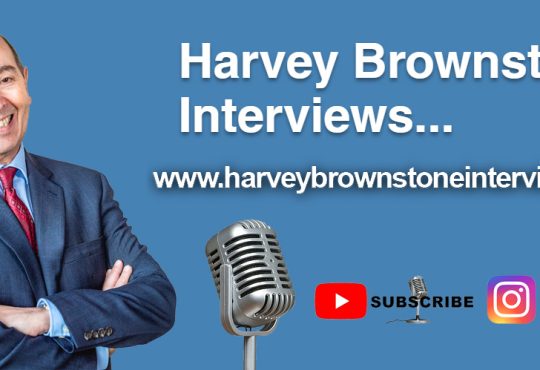John Oliver Makes a Case for Breaking Up the Tech Giants
There are few things John Oliver delights in more than ripping on AT&T, which ultimately owns HBO and Last Week Tonight, and which Oliver likes to refer to as “business daddy.” So when Oliver gave viewers a brief history lesson about how the U.S. government has historically moved to break up harmful business monopolies, he naturally focused on AT&T, which until the 1980s had a monopoly on all telephone service in the country.
He pointed out that once AT&T was broken up, prices dropped and innovation soared, resulting in advancements like answering machines and modems. In fact, the breakup helped make the ubiquity of the internet possible.
“Ending a monopoly is almost always a good thing, whether it’s AT&T, or Standard Oil, or literally any game of Monopoly,” Oliver said. “When harmful monopolies end, innovation flourishes.”
Which brought Oliver to the meat of his main story: the tech monopolies that currently control just about every aspect of our online lives. In 2020, the House Subcommittee on Antitrust, Commercial, and Administrative Law released a 450-page report asserting that Apple, Amazon, Facebook, and Alphabet (Google’s parent company) regularly engage in anticompetitive conduct in order to safeguard their unbelievably lucrative monopolies.
Specifically, Oliver discussed the act of “self-preferencing,” when companies unfairly favor their own products on their own platforms. Apple, for instance, prevents iPhone users from downloading apps from anywhere but Apple’s App Store, where Apple apps happen to show up first in searches all the time. Plus Apple takes a preposterous 30 percent of the money outside developers make — whether by selling their app or through in-app purchases — as a commission, earning Apple billions of dollars a year.
Google charges a similar fee for Android apps downloaded from Google Play, and the company games their internet search as well. Long ago, Google said its mission was to help people find the best sources of information on the internet and then get people to those sites as quickly as possible. That’s no longer the case. The company, which in 2018 famously removed their de facto motto “Don’t be evil” from their code of conduct, now does its best to ensure users never leave Google. In fact, one study found that 65 percent of all Google searches end without the user ever leaving Google’s ecosystem.
This means that other sites lose traffic, which means they lose money and customers, which means they have a more difficult time staying in business, which means Google has less competition to, say, sell you plane tickets.
But the company that arguably self-preferences more than any other is Amazon. According to that House antitrust subcommittee report, 65 to 70 percent of all U.S. online marketplace purchases flow through Amazon.
“Amazon basically is the marketplace,” Oliver said. “It’s essentially the only place to sell anything on the internet — unless, that is, you’re looking to offload some human teeth. Because then, it’s Craigslist all the way, baby.”
One recent analysis found that Amazon points shoppers toward products sold by Amazon 40 percent of the time — and when they point toward another supplier, nine out of 10 times it’s a supplier that happens to use Amazon’s shipping services. And that’s to say nothing of the nearly 160,000 products Amazon now makes — and promotes — themselves, some of which are cheap knockoffs of products made by small businesses that are then all but unable to sell any of their products.
Oliver explained that there are two bills currently in Congress with bipartisan support that would address some of the harm done by tech monopolies. If they’re not passed this summer, however, chances are they’ll die once Republicans (presumably) take over at least one house of Congress next January.
Senate Majority Leader Chuck Schumer has said he’ll bring the bills up for a vote… except, he hasn’t. He’s one of at least 17 Congressional lawmakers who have kids that work for a tech giant. In fact, he has two — one works for Meta, and another is quite literally a lobbyist for Amazon.







